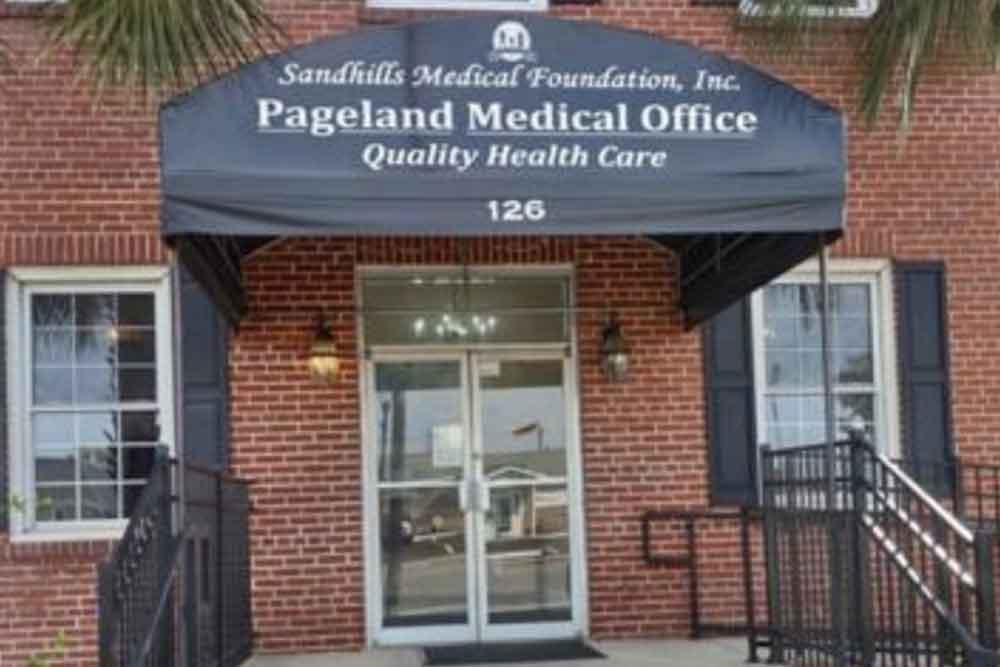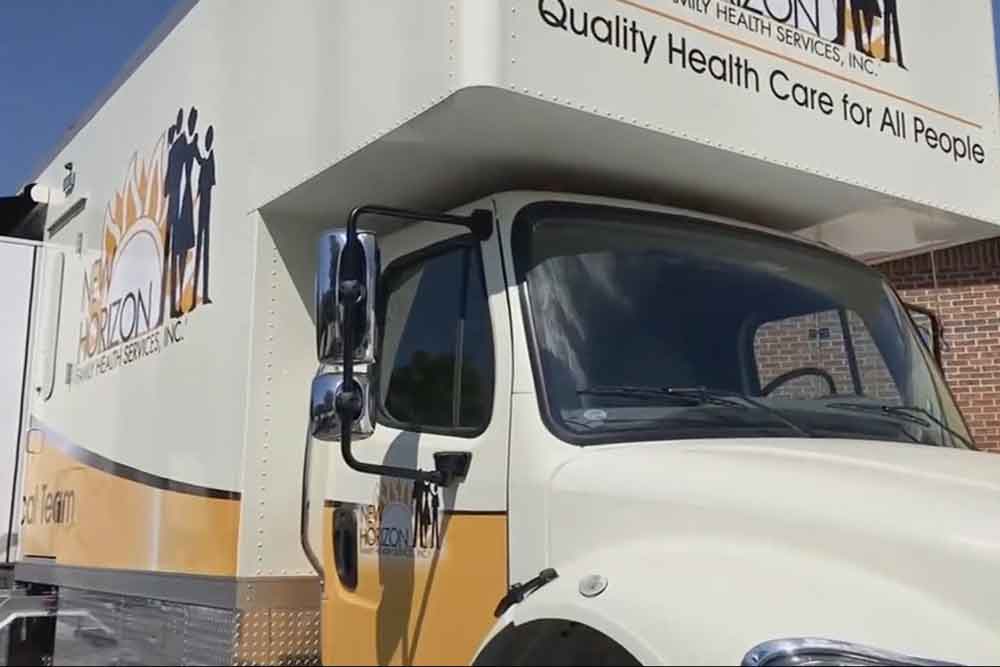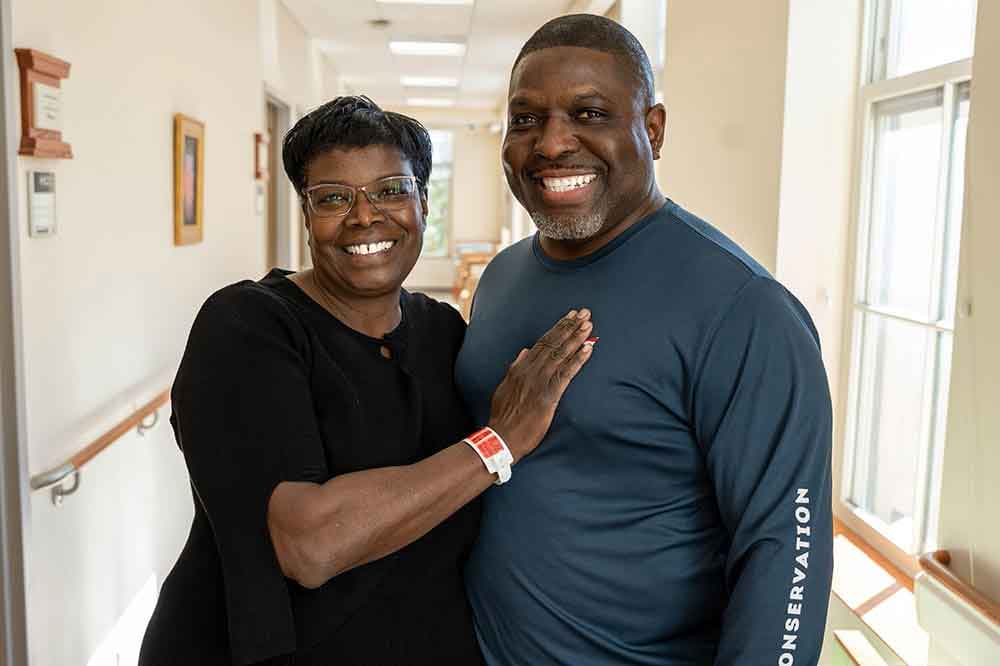Coronavirus cases continue to rise in South Carolina

Source: Aiken Standard
Published: March 19, 2020
Cases of the novel coronavirus continue to spike in South Carolina.
On Thursday, the S.C. Department of Health and Environmental Control announced 21 new COVID-19 cases had been detected – the largest daily rise reported thus far in South Carolina.
This brings the total case number to 81 cases in 17 counties, according to a DHEC news release.
No cases have been reported in Aiken County.
“Our top priorities remain preventing the spread of the disease and protecting the public health,” said Dr. Linda Bell, state epidemiologist, in a news release. “This includes working to control spread and sharing measures that best protect our family, friends and neighbors. As cases increase, we also are prioritizing identifying close contacts who are at high risk of illness from exposure and who are more likely to have serious illness.”
Fewer than 10 people had been tested for coronavirus at one of the only facilities in Aiken County that is currently collecting samples from patients for COVID-19 testing.
“At this point in time, there have only been a minimum number of patients that have met CDC recommendations to be tested (i.e. less than 10),” Ashlee Brewer, director of marketing at Aiken Regional Medical Centers, said in a message late Wednesday. “Of those individuals tested, the results received thus far have been negative.”
Brewer said testing for COVID-19 was not being done on-site at the hospital. Samples are being sent to either DHEC or LabCorp for testing.
Although DHEC told the Aiken Standard on Wednesday that any physician could order a COVID-19 test for patients, their ability to do so remains limited for some by a nationwide shortage of testing kits and protective gear like masks.
Rural Health Services CEO Carolyn Emmanuel-McClain was hopeful the Clyburn Center for Primary Care in Aiken would be able to test patients for COVID-19 once testing supplies came in from the CDC, but a growing shortage of masks has her concerned about whether they will be able to test at all.
“We might have some trouble openly testing because we don’t have enough protective gear for my staff to see sick patients,” Emanuel-McClain said. “Even if we had the testing in-hand, we would still be limited by the amount of masks and equipment we have, and I’m very limited in protective equipment. My staff needs to wear that equipment daily because you have to assume everyone in the community who comes inside (the Clyburn Center) could be infected.”
Emmanuel-McClain said the Clyburn Center is receiving some relief in the form of a shipment of 100 masks from a personal friend in Myrtle Beach. Those supplies will last her facility less than a week, she said.
A shipment of protective supplies from the federal government might provide some relief, but Emmanuel-McClain said they have no idea when the supplies will arrive, or even how much protective gear the shipment will contain.
Even if they could collect samples from patients, the samples would need to be shipped to DHEC’s laboratory facilities for testing – a process Emmanuel-McClain said takes about three to four days to generate results.
“From where we sit and what’s happening, I have no idea what we can expect, except we’re going to have some very sick people,” Emmanuel-McClain said. “You still have people, even in this community, who say ‘Aw, this thing is not that bad. It’s just a hoax, it’s been blown out of proportion.’ People who have that attitude … they’re going to have it and spread it because they do not respect the safety measures that are in place.”
To complicate factors, seasonal allergies, colds and influenza can mimic some symptoms of coronavirus, making identifying potential cases in the community somewhat difficult. Some people who carry the virus are not displaying any symptoms at all, according to the CDC.
Emmanuel-McClain said many people with flu-like symptoms have been calling with questions about getting a coronavirus test.
“We don’t want these people to automatically panic because they have some flu-like symptoms,” Emmanuel-McClain said. “But we have to take this pandemic seriously …one of the best things you can do is for everybody to practice safety, such as social distancing, to protect yourself and others.”
The CDC website lists testing recommendations as follows: “Health care providers should contact their local/state health department immediately to notify them of patients with fever and lower respiratory illness who they suspect may have COVID-19. Local and state public health staff will determine if the patient meets the criteria for testing for COVID-19.”
DHEC has created an active county map that provides a visual representation of where cases are being reported in South Carolina. To view the map, which is updated daily, visit scdhec.gov.





